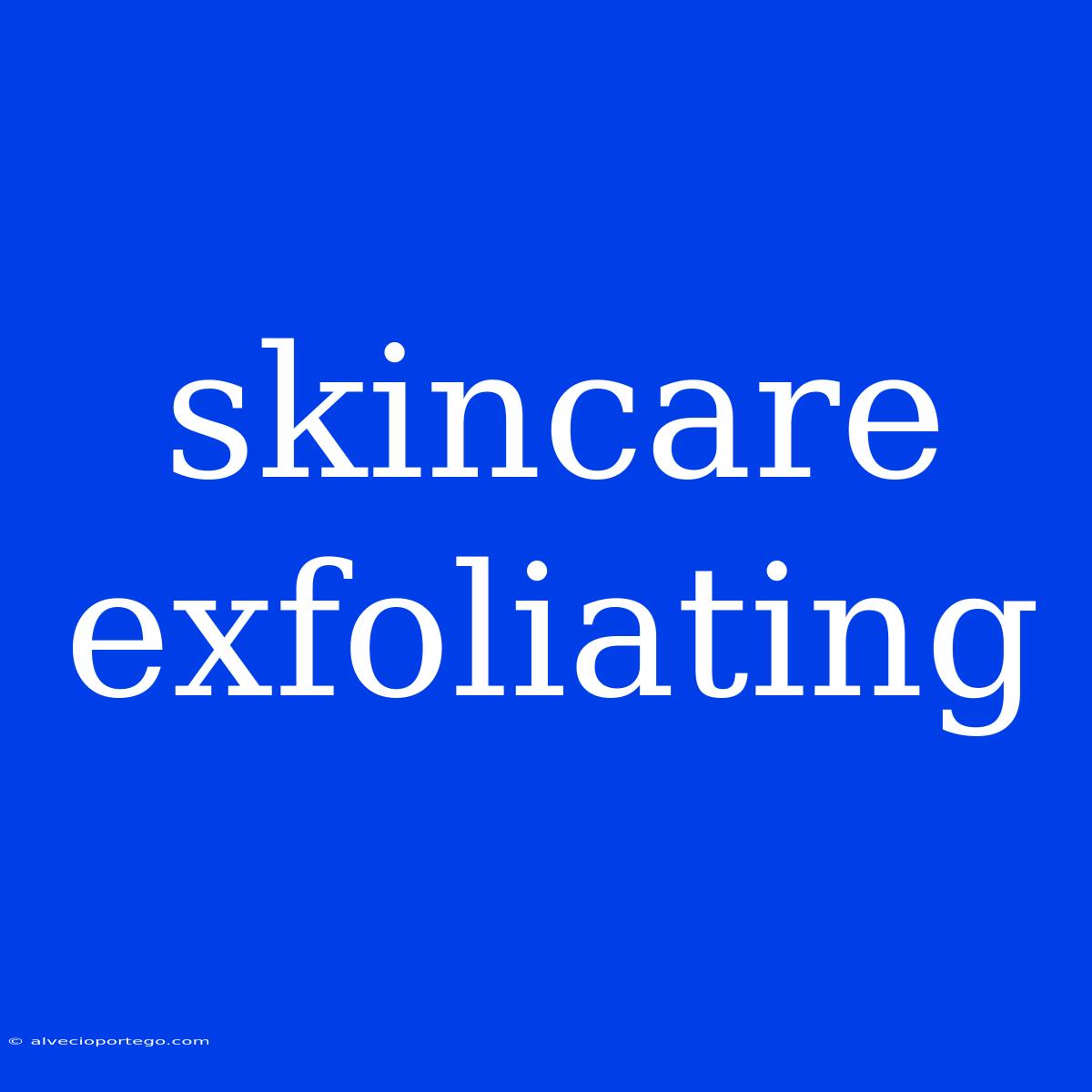The Importance of Exfoliation in Skincare
Exfoliation is an essential step in any skincare routine. It involves removing dead skin cells from the surface of your skin, revealing the fresh, healthy skin underneath. Exfoliating regularly can improve the appearance and texture of your skin, making it look brighter, smoother, and more even-toned.
Benefits of Exfoliating
- Brighter Skin: Exfoliation removes the dull, dead skin cells that can make your complexion look lackluster.
- Improved Product Absorption: By removing the barrier of dead skin cells, exfoliation allows skincare products to penetrate deeper into your skin, increasing their effectiveness.
- Reduced Acne: Exfoliation helps to unclog pores, which can prevent the formation of acne.
- Smoother Skin Texture: Exfoliating can help to smooth out rough patches, bumps, and uneven skin texture.
- Reduced Hyperpigmentation: Regular exfoliation can help to fade dark spots and hyperpigmentation.
- Improved Skin Cell Turnover: Exfoliation helps to stimulate the natural process of skin cell renewal, promoting healthier and younger-looking skin.
Types of Exfoliants
There are two main types of exfoliants:
1. Physical Exfoliants:
- Scrubs: These contain abrasive particles like sugar, salt, or ground nutshells that physically remove dead skin cells.
- Brushes: Exfoliating brushes are designed to gently scrub away dead skin cells.
- Sponges: Sponges can be used to gently exfoliate the skin.
2. Chemical Exfoliants:
- AHAs (Alpha Hydroxy Acids): These acids, such as glycolic acid and lactic acid, dissolve the bonds that hold dead skin cells together, promoting shedding.
- BHAs (Beta Hydroxy Acids): Salicylic acid is a BHA that can penetrate pores and remove oil, making it ideal for acne-prone skin.
- Enzymes: These break down the proteins that bind dead skin cells together, resulting in smoother skin.
Choosing the Right Exfoliant
The best exfoliant for you will depend on your skin type and concerns. Here are some general guidelines:
- Sensitive Skin: Opt for gentle, chemical exfoliants with low concentrations of acids, or look for enzyme-based exfoliants.
- Oily or Acne-Prone Skin: Salicylic acid is a great choice for unclogging pores and reducing breakouts.
- Dry or Mature Skin: Look for hydrating exfoliants that contain hyaluronic acid or other humectants.
Exfoliation Tips:
- Start slowly: Don't exfoliate too often, especially if you have sensitive skin. Start with once or twice a week and gradually increase the frequency as your skin adjusts.
- Be gentle: Don't scrub too hard, as this can irritate your skin.
- Listen to your skin: If your skin feels irritated or red, stop exfoliating and consult with a dermatologist.
- Moisturize: Always moisturize your skin after exfoliating to help lock in hydration and prevent dryness.
- Protect your skin: Always wear sunscreen after exfoliating, as your skin may be more sensitive to the sun.
Remember: Exfoliation is a powerful tool for improving your skin's health and appearance. Choosing the right exfoliant and using it properly can make a significant difference in your skin's overall health. However, if you have any concerns or questions, consult with a dermatologist for personalized advice.

